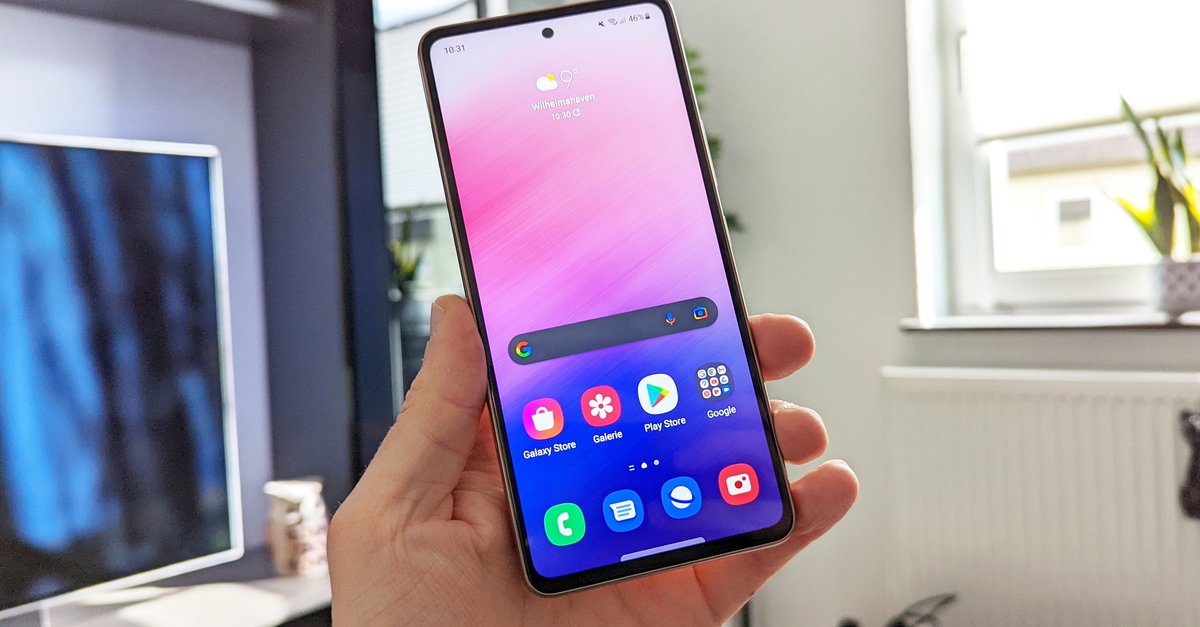Renault and Co. want 30 new models by 2030
Renault, Nissan and Mitsubishi continue to join forces to build electric cars: the three companies want to bring out 30 new electric cars by 2030, develop batteries and five new platforms. Much of this could be withheld from German e-car customers.
30 new electric cars by 2030: Renault, Nissan and Mitsubishi are planning
The coming years will be exciting for fans of electric mobility: Renault, Nissan and Mitsubishi want to present their joint plans over the course of the week. It has already become known that the three manufacturers want to forge a comprehensive alliance for electric cars. 30 new models should appear distributed across the brands of the corporations.
The time frame, which has now almost become standard in the industry, is up to 2030. Until then, the manufacturers want to invest 20 billion euros in development (source: Reuters). The cooperation should produce five e-car platforms, on which the new models can be built and adapted.
Details about the planned electric cars are not yet known. At the The plans will be made public on Thursday. Even then, however, it is unlikely that there will already be concrete information on all 30 models.
Focus on Asia? What’s in Nissan and Renault for German customers
Insiders have already revealed so much to the Reuters news agency: Two of the five e-car platforms are said to be specially designed for the so-called kei cars – micro cars that are mainly found on the Japanese market. It should therefore be a not insignificant part of the new electric car offensive not make it to Germany.
Another platform should be the basis of the new Nissan Ariya E-SUV, and Renault’s E-Megane could also be based on it. Besides, there should be one Platform especially for cheap Stromer on which Renault’s Dacia brand, for example, will be able to produce in the future – so there’s also a lot for Europe.
A look into the past: The Leaf was Nissan’s entry into the electric car world.
It will be exciting to discover whether Nissan and Renault in particular will again demonstrate their former innovative strength in the next few years be able. With the Leaf, Nissan thought about bidirectional charging years before the current development and made it ready for series production, while the Renault Zoe was one of the most sought-after e-cars in Europe for a long time before Tesla ramped up. The French Stellantis group, on the other hand, is reluctant to commit to electric cars.


